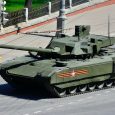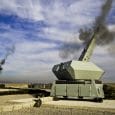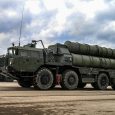Defence and aerospace companies are among the most productive in the manufacturing sector and are also important for local economies; they create jobs, pay above average wages and provide a significant source of exports. When some people think of the defence industry, they probably imagine cranks in lab coats with an unhealthy interest in weapons, not something that has an important role in a modern economy. But defence is one of the UK’s leading manufacturing sectors, accounting for almost 10% of all manufacturing output.
Read Also: A Career in the Defense Industry: Pros and Cons of a Military Career
It is also a large and growing part of UK exports, worth over £13 billion in 2016, as well as being an important source of high-skilled jobs. The global defence market is estimated to be worth around £200 billion annually. The UK has been one of the world’s leading defence exporters for many years, coming fifth globally in 2016 according to SIPRI data. The sector employs more than 130,000 people directly, more than either car or computer chip manufacturers, with another 200,000 working indirectly in supply chains.
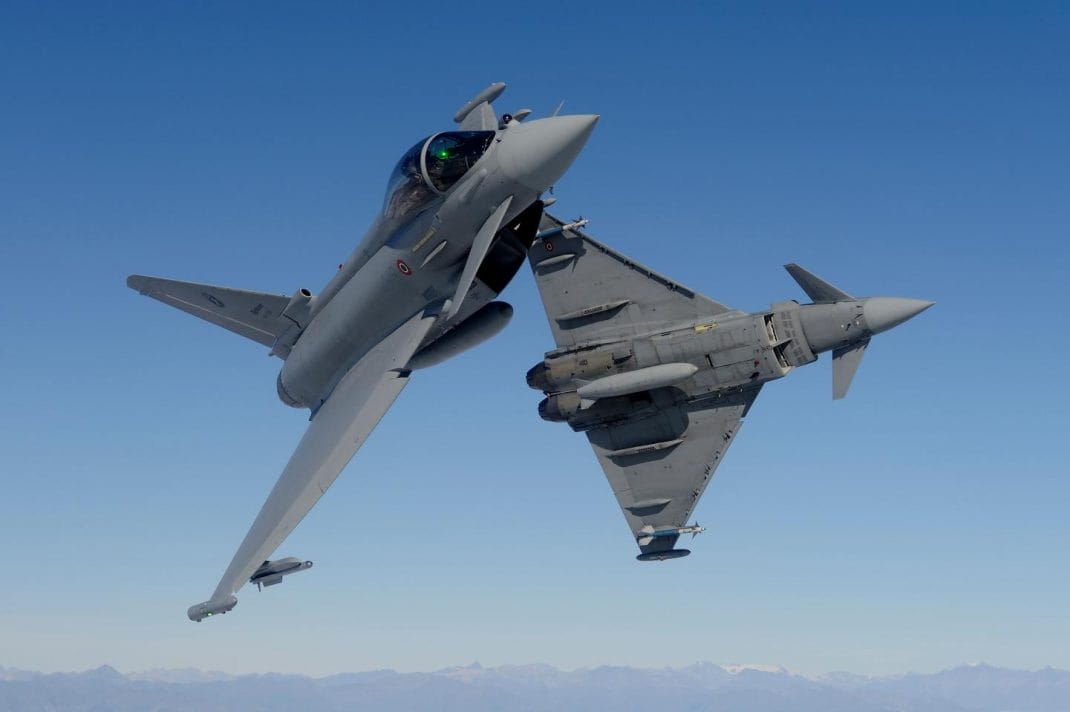
Contents
Why is the Defence Industry so Important?
There are many reasons why defence is important. Defence is one of the UK’s leading manufacturing sectors, accounting for almost 10% of all manufacturing output. It is also a large and growing part of UK exports – worth over £13 billion in 2016 – as well as being an important source of high-skilled jobs. The global defence market is estimated to be worth around £200 billion annually. The UK has been one of the world’s leading defence exporters for many years, coming fifth globally in 2016 according to SIPRI data. The sector employs more than 130,000 people directly – more than either car or computer chip manufacturers – with another 200,000 working indirectly in supply chains.
UK Exports and Employment
The UK is the world’s fifth largest exporting country in the defence market, with exports worth £13 billion in 2016. The sector employs over 130,000 people, more than either car or computer chip manufacturers. About 200,000 jobs are supported by the supply chain of defence and aerospace manufacturers.
Direct Jobs in Defence
There are more than 130,000 direct jobs in the defence industry. Direct jobs in defence include people working in the sector’s main manufacturing companies, such as BAE Systems, which employs 24,000 people and is one of the world’s top 15 arms producers. These companies provide high-paid jobs to skilled workers, with average pay at £36k – well above average UK wages of £27k. However, there are also indirect jobs too. In total, more than 200,000 people work in supply chains for defence manufacturers – this includes everything from steelmakers to truck drivers.
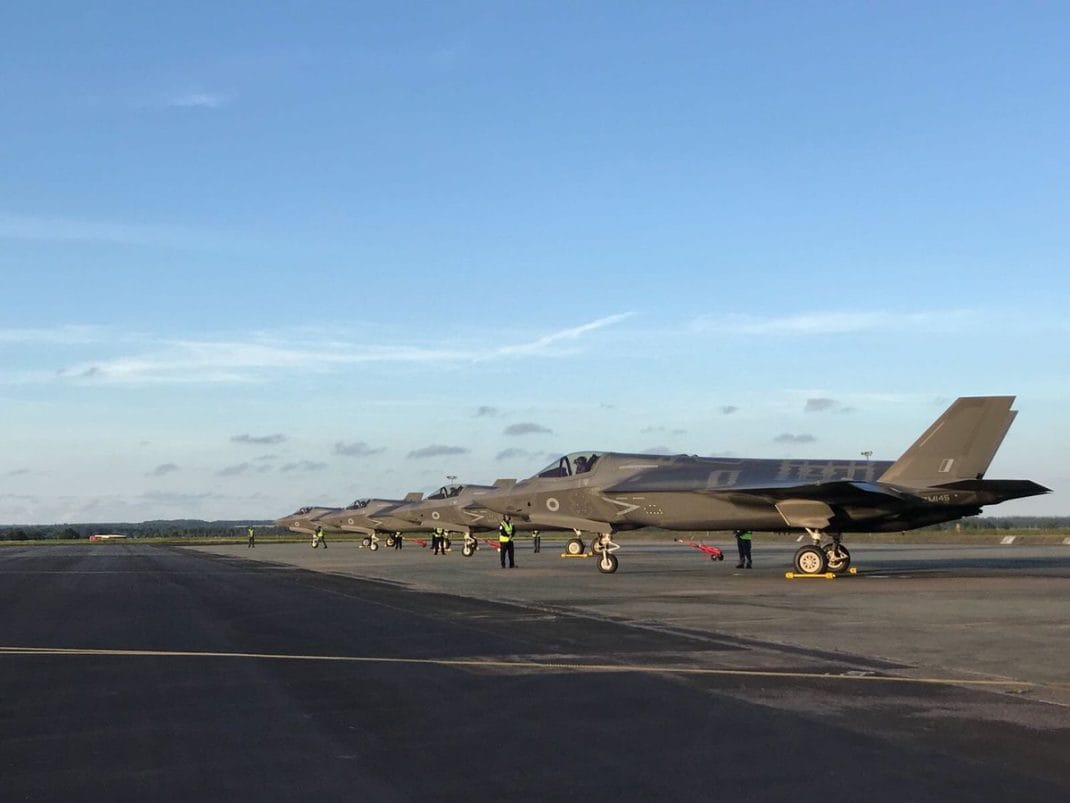
Indirect Jobs in Supply Chains
The defence industry has a significant indirect impact on the UK economy, as well. Take, for example, the jet engines used in military planes – they are manufactured by Rolls Royce, who have a plant in Derby and supply engines to companies including Boeing and Airbus. aerospace is also an important part of the UK’s wider industrial strategy: – Defence is one of the few manufacturing sectors that is still growing; output increased by 5% between 2015 and 2016. – The industry provides significant exports: the value of defence exports was £13 billion in 2016 according to SIPRI data – representing 10% of total UK manufacturing exports. – Defence manufacturing supports more than 130,000 jobs directly. – Another 200,000 work indirectly in supply chains with over £2 billion invested annually in research and development.
How has the UK Defending and Aerospace Sectors Changed Over Time?
The defence and aerospace sectors are so important for the UK’s economy that government has pledged to spend £178 billion on defence equipment over the next decade. The sector has changed significantly in recent years, from its traditional reliance on military hardware to a much more diverse range of products and customers. The UK is developing a world-leading position in areas like cyber security, surveillance drones and precision weapons. It is also a leader in civilian air traffic management systems, 3D printing technology and nuclear engineering services. Productive sectors like defence and aerospace are vitally important for regional economies as they create jobs, pay above average wages and provide significant sources of exports.


